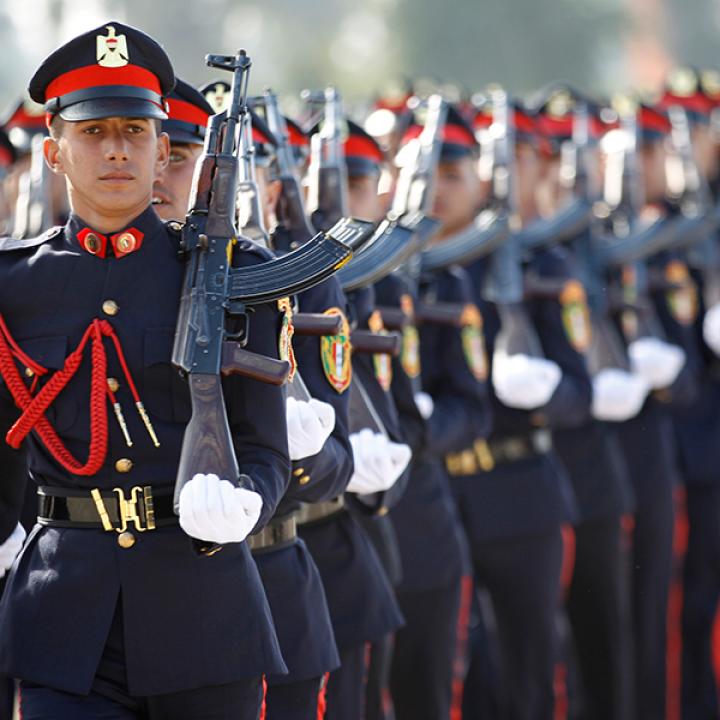
- Policy Analysis
- Articles & Op-Eds
The Best Thing America Built in Iraq: Iraq's Counter Terrorism Service and the Long War Against Militancy
Jul 19, 2017
Also available in
Also published in War on the Rocks




